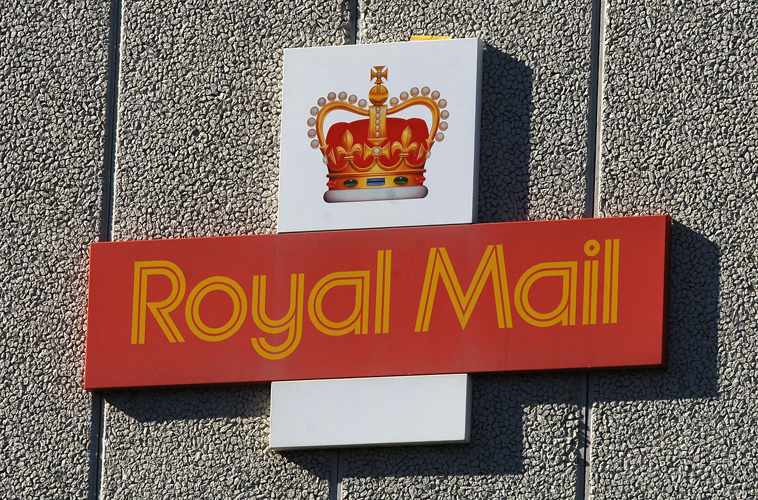Household Bills
Royal Mail investigated over delivery failures

Royal Mail is being investigated by the communication regulator over its failure to meet delivery targets for first class and second class post.
Ofcom confirmed it has opened an investigation into Royal Mail’s failure to meet its delivery targets in 2021/22.
Under its rules, Royal Mail is required to deliver 93% of first class mail within one working day of collection and 98.5% of second class mail within three working days of collection.
However, in 2021/22, Royal Mail fell short of both targets and delivered 81.8% of first class mail within one working day and 95.4% of second class mail within the timeframe.
Further, Royal Mail also needs to meet a target of completing 99.9% of delivery routes on each day that a delivery is required. But it completed 94.09% of routes over this period.
And Ofcom revealed it completely failed to meet a 91.5% target of first class stamped and metered mail products delivered within one working day in 118 UK postcode areas.
Ofcom said it “takes compliance with quality of service targets very seriously”. Its investigation will seek to find out “the reasons behind this substantial lapse in performance”, and will “determine whether Royal Mail has breached its requirements”.
The performance of the targets is measured as an average level on an annual basis, excluding the Christmas period.
But in February, data from charity Citizen’s Advice, which is also the consumer advocate for the postal sector, revealed a staggering 2.5 million people missed important documents, health appointments, or were unable to pay a fine or bills over Christmas due to Royal Mail’s delivery failures. In total, it said 15 million people were left waiting for post over the festive period.
Matthew Upton, director of policy at Citizens Advice, said: “While posties have been working tirelessly to deliver our letters and parcels, Royal Mail itself has been letting people down. For two years running we’ve uncovered substantial post delays across the country.
“This is a vital public service, relied on by many for bills and medical letters. We welcome Ofcom’s investigation and hope it clamps down on poor service before it becomes the new normal.”
In April 2021, stamp prices were hiked by 9p to 85p for first class and 1p to 66p for second class delivery. As of April 2022, it costs 95p to send post by first class, while the price of a second class stamp has risen to 68p.
‘We are disappointed and apologise to those affected’
A Royal Mail spokesperson, said: “We are disappointed with our 2021/22 quality of service performance and apologise to all customers that have been affected by any service issues. Quality of service is a key priority for us and we will participate fully with Ofcom’s investigation.
“Recognised as key workers, our people have played a crucial role keeping the country connected by collecting, processing and delivering the mail across the country throughout the pandemic, including working with the government to prioritise the collection and delivery of test kits, personal protective equipment and vaccination letters.
“However, our service was materially impacted by increased levels of Covid related absence and self-isolation, with the number of people off sick or self-isolating reaching over 15,000 people in January 2022. We also had to make significant changes to our operation to deal with the record levels of parcels being delivered during the pandemic and successive lockdowns. This, combined with the requirement to align with government guidance on social distancing to keep our people safe, put a significant strain on our network and made delivering our usual levels of service challenging.
“Service levels have improved considerably since the start of the pandemic, and we have taken a number of steps to improve quality of service, including recruiting additional temporary staff and establishing a specialised dedicated delivery task force. However, we acknowledge there is more work to do to return to our normal levels of service everywhere. As we return to more normal ways of working and deliver on our transformation programme, we are confident that we are doing the right things to enable service levels to improve going forward.”